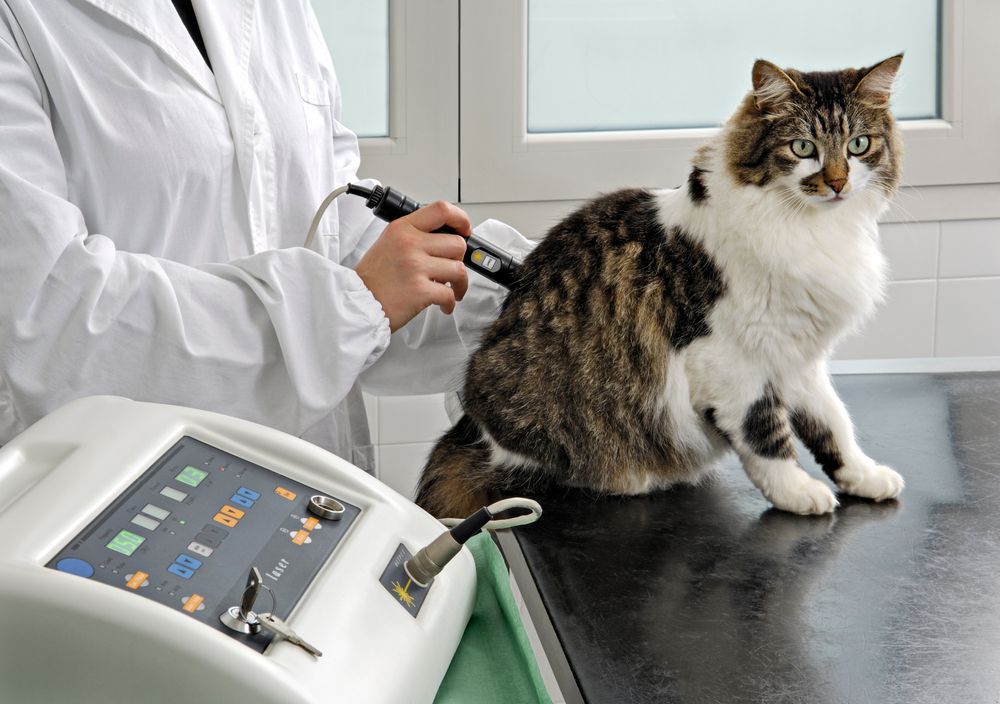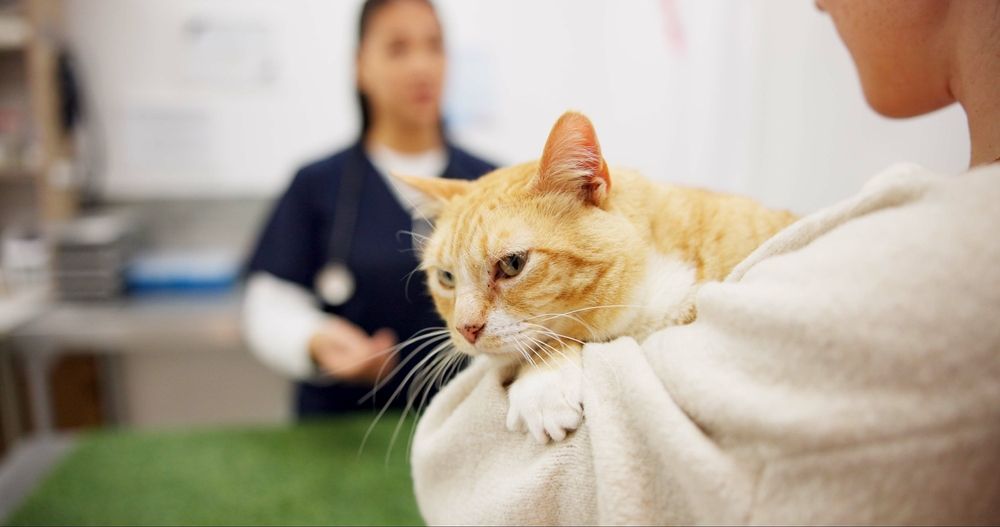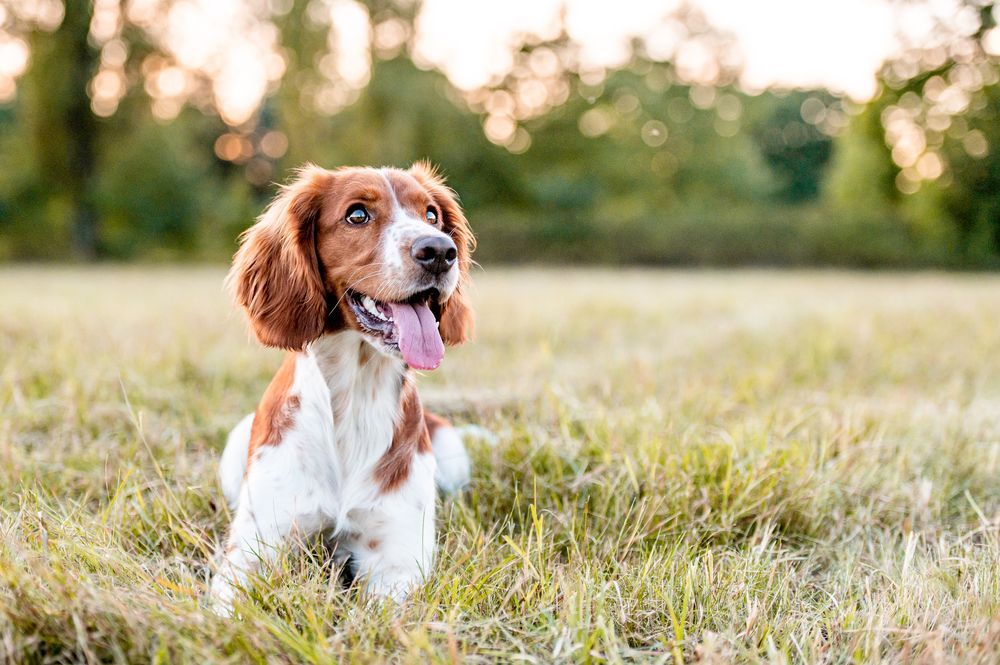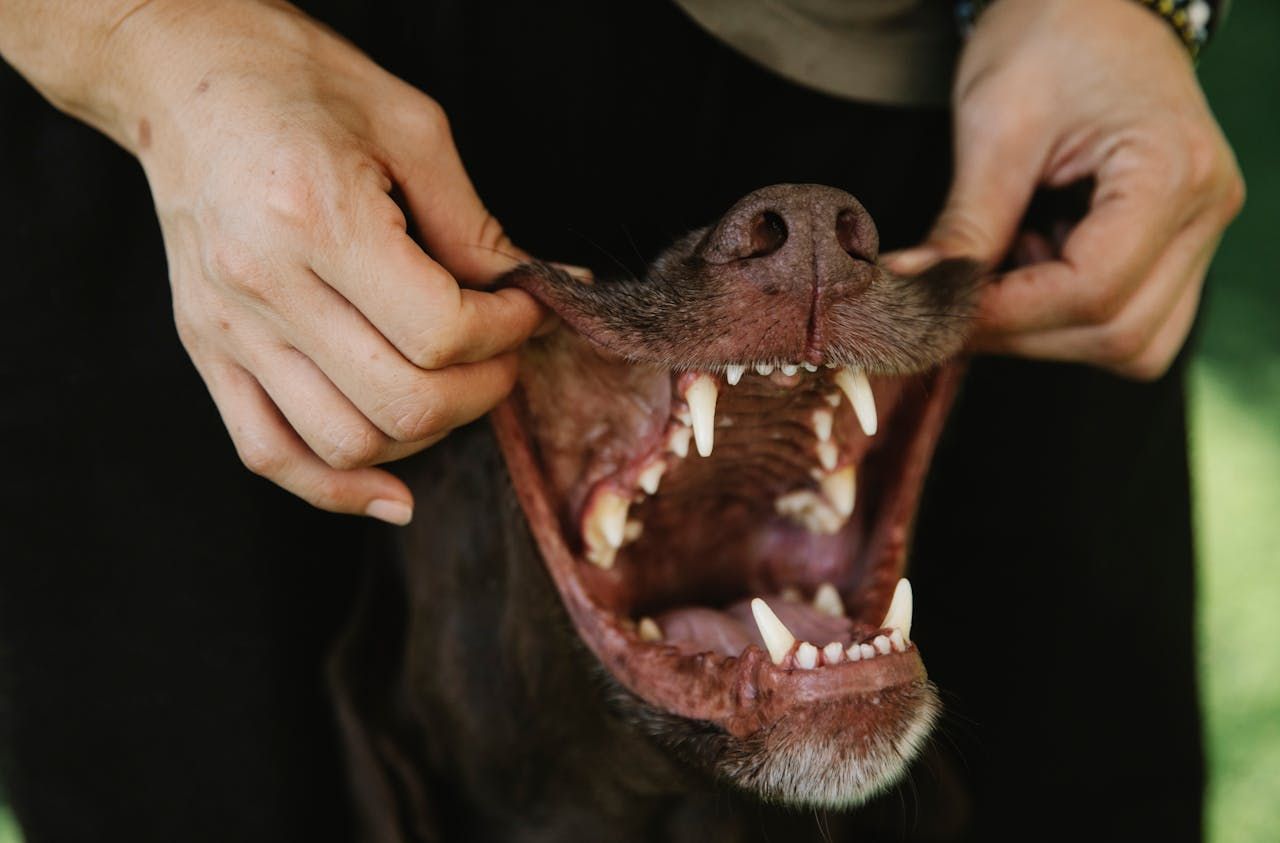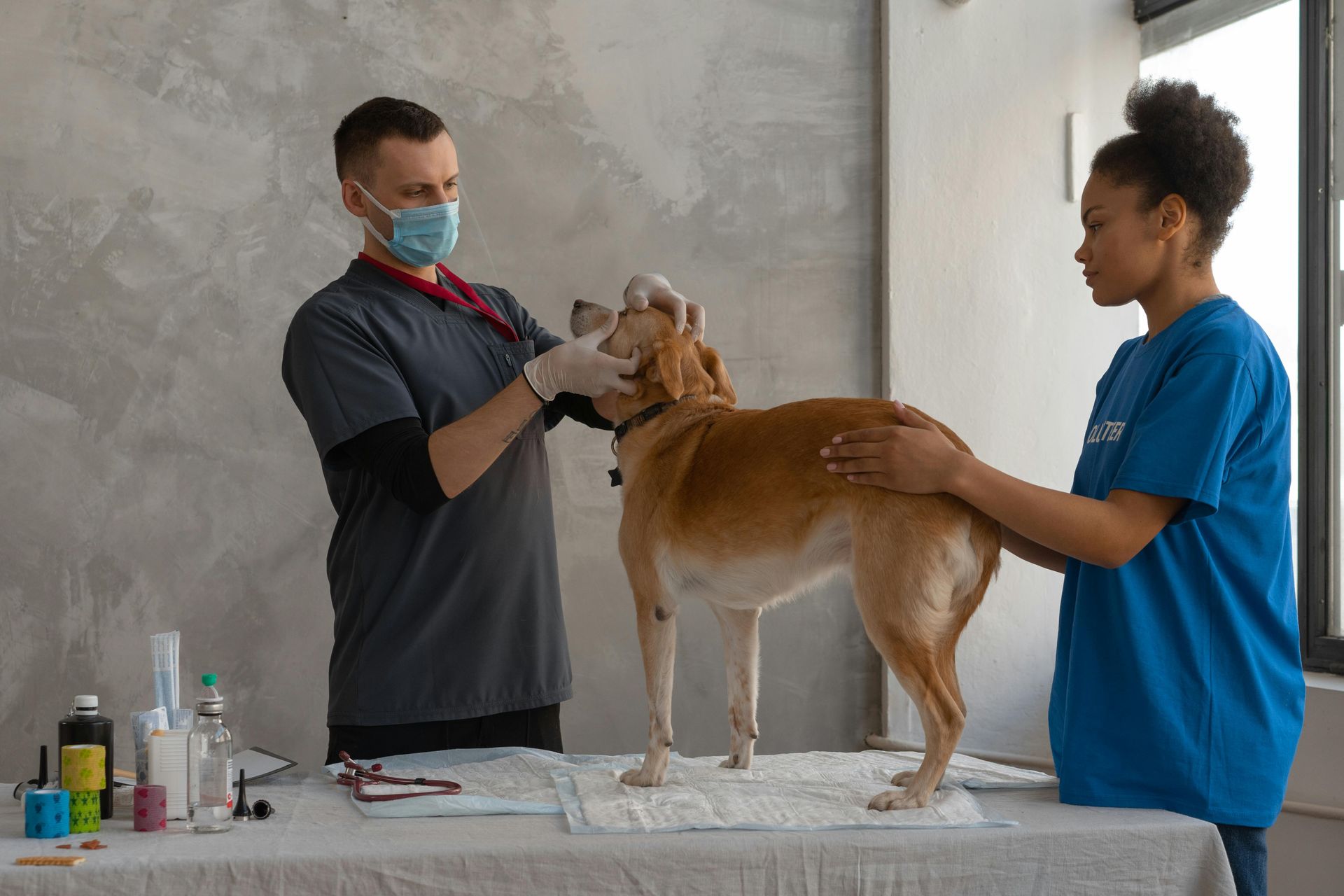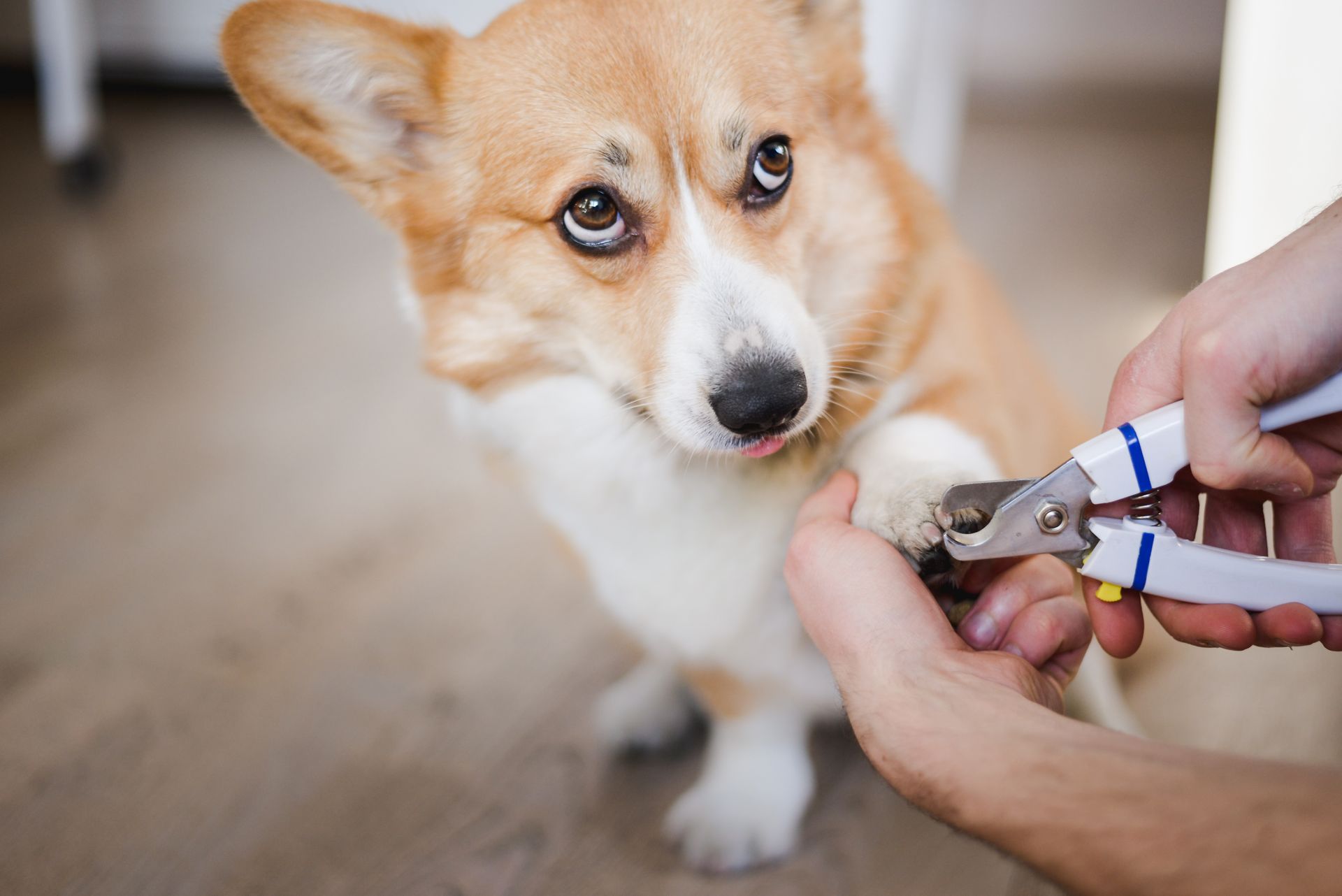What Are Lifestyle Vaccines (And Does My Pet Need Them)?
Lifestyle or “non-core” vaccines are given depending on your pet’s lifestyle. They are recommended for individuals at risk for exposure to specific infectious agents.
Curious which lifestyle vaccines your pet may need? Good news! You are in the right place.
What Are Infectious Agents?
Infectious agents are organisms that are capable of producing infection or infectious disease. They can be transmitted to other animals or people in many different ways, including (but not limited to) contaminated drinking water, direct contact, and bug bites.
Potential exposure and the need for prevention depend on the lifestyle of you and your pets.
Lifestyle Vaccines For Dogs:
- Borrelia burgdorferi (Lyme disease) If your pet has been bitten by a tick in the past or is near known tick habitats often (like wooded areas), a Lyme vaccine is recommended because ticks are known to transmit Lyme disease. Lyme disease signs range from fever and joint pain to kidney failure.
When to vaccinate: Puppies should receive 2 doses. The first at 12 weeks and the second 3-4 weeks later.
If your dog is an adult and has not had their vaccines, they should receive 2 doses at 3-4 week intervals. After that, annual boosters are recommended.
We recommend the Lyme vaccine if you plan on going hiking, camping, fishing, swimming, or are near farm animals or wildlife areas with your dog.
- Leptospira: Dogs can get this potentially deadly bacterial infection through puddles or bodies of water that have urine from infected animals in them. The bacteria goes in through the skin and spreads through their bloodstream. Causing liver and kidney failure.
When to vaccinate: Puppies should receive 2 doses between the ages of 12 to 16, administered 3 – 4 weeks apart. All puppies should receive a one-year booster.
If you have an adult dog that is not yet vaccinated, they should receive 2 doses 3 – 4 weeks apart. After that, annual vaccinations are recommended.
We recommend the Leptospirosis vaccine if you plan on going hiking, camping, fishing, swimming, or are near farm animals or wildlife areas with your dog.
- Bordetella (Kennel Cough): Bordetella is the most common bacterial infectious agent to cause kennel cough. Kennel cough is a highly contagious upper respiratory disease that causes inflammation in dogs’ throats and lungs. We recommend this vaccine if the dog will be boarded, groomed or in contact with many dogs
When to vaccinate: Both puppies and unvaccinated adults receive a single dose. Annual boosters are recommended for pets that are high risk.
Lifestyle Vaccines For Cats:
- Feline Leukemia: This virus weakens the cat’s immune system, which can lead to illness, disease and a shorter lifespan.
When to vaccinate: Two doses are administered at 12 weeks of age and then 3 - 4 weeks later.
We recommend this vaccine to cats at risk of exposure due to multi-house cat households (especially ones where not all cats are fully vaccination) or if the cat frequently goes outside. The timeline for boostering cats on this vaccine is variable by lifestyle, usually every 1-2 years.
Why Are Lifestyle Vaccines Needed For Your Pet?
Your lifestyle (and that of your pet) plays a crucial role in what risks they are exposed to. Protecting your pet from those risks in their environment can keep them a healthy, happy member of your family for longer.
Is your animal up to date on their lifestyle vaccines? Make an appointment now.

